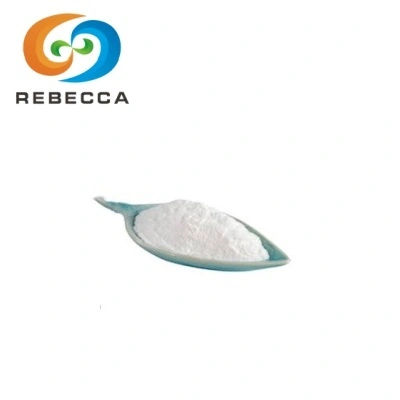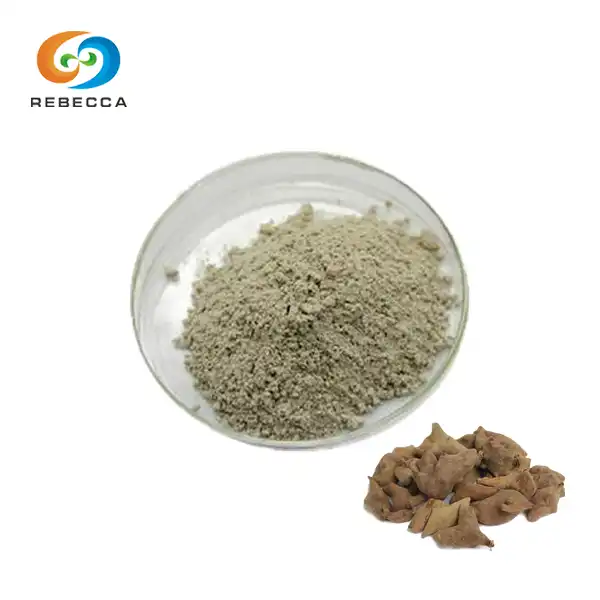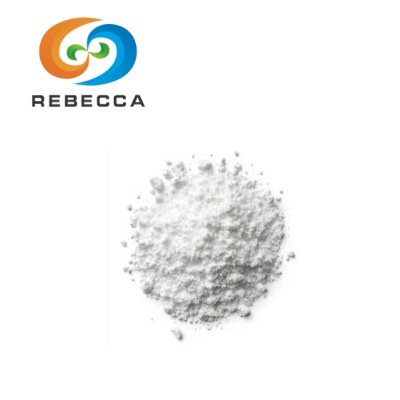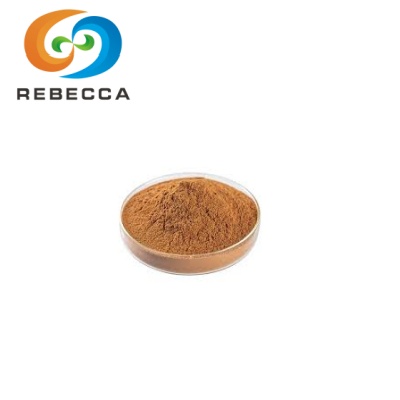How to take l carnitine?
L-carnitine is a popular dietary supplement known for its role in energy production and fat metabolism. Derived from amino acids, it helps the body convert fatty acids into usable energy, making it a favorite among athletes, fitness enthusiasts, and those seeking to support their metabolic health. Among the various forms available, l-carnitine powder stands out for its versatility, purity, and ease of dosage adjustment. However, to maximize its benefits, understanding the proper way to take it—including recommended dosages, optimal timing, and cycle recommendations—is essential. This guide will break down these key aspects to help you integrate l carnitine powder into your routine safely and effectively.
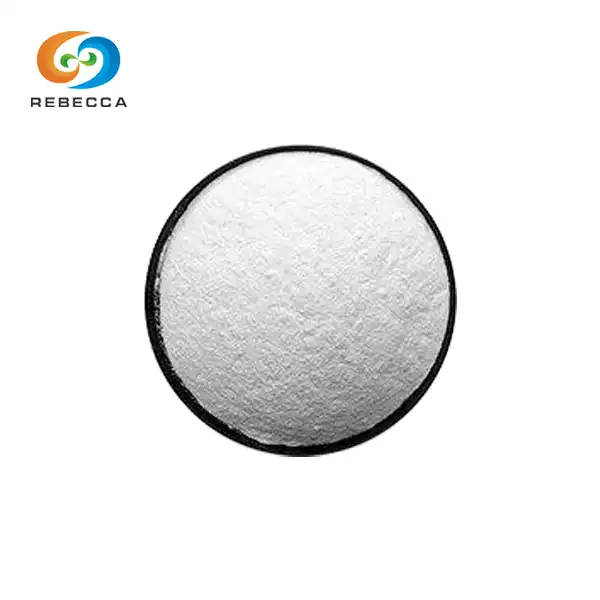
1.Product Name: l-carnitine base
2.CAS No.: 541-15-1
3.Molecular Formula: C9H18ClNO4
4.Appearance: White Crystalline Powder
5.Grade Standard: Food Grade, Medicine Grade
6.Assay: 97.0% ~103.0%
7.Shelf life: 2 years
8.Application: Sport nutrition and Bodybuilding supplements
Recommended Dosage
The appropriate dosage of l-carnitine can vary depending on individual factors such as age, health status, and specific goals, whether it's enhancing athletic performance, supporting weight management, or promoting overall wellness. Most research on l carnitine powder focuses on doses ranging from 1 to 3 grams per day, divided into one or more servings. Let's explore how different objectives may influence your ideal dosage.
For general health and wellness, a daily dose of 500 to 1,000 milligrams is often sufficient. This range is suitable for individuals looking to support their body's natural energy production and antioxidant processes without targeting specific performance or weight-related goals. L-carnitine plays a role in maintaining heart health by assisting in the metabolism of fatty acids in cardiac cells, and even moderate doses may contribute to this benefit over time.
Athletes and those engaging in intense physical training often turn to higher doses to enhance exercise performance and recovery. Studies suggest that 2 to 3 grams of l-carnitine powder daily can improve aerobic capacity, reduce muscle damage, and enhance fat oxidation during exercise. By increasing the availability of fatty acids as an energy source, athletes may experience delayed fatigue and improved endurance, particularly in prolonged or high-intensity workouts. It's important to note that splitting this dose into two or three servings throughout the day may improve absorption, as the body has a limited capacity to absorb large amounts at once.
Individuals focused on weight management may benefit from doses between 1,000 and 2,000 milligrams daily. L-carnitine aids in transporting fatty acids into the mitochondria for energy expenditure, potentially enhancing the body's ability to use stored fat. When combined with a calorie-controlled diet and regular exercise, this can support fat loss efforts. However, it's crucial to remember that l-carnitine is not a miracle weight loss pill; its effects are most pronounced when part of a comprehensive lifestyle plan.
When starting with l carnitine powder, especially if you're new to the supplement, it's wise to begin with a lower dose, such as 500 milligrams, and gradually increase it while monitoring how your body reacts. Some people may experience mild gastrointestinal side effects like nausea or diarrhea at higher doses, particularly if taken on an empty stomach. The powder form allows for precise dosage adjustments, making it easy to find the level that works best for you without the constraints of fixed-dose capsules or tablets.
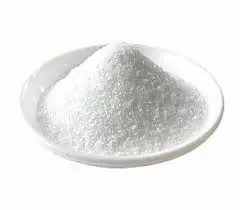
When to Take It?
The timing of your l carnitine powder intake can influence how effectively your body absorbs and utilizes the supplement. While it is generally well-tolerated at any time, certain schedules may align better with your daily routine and goals.
One common question is whether to take l-carnitine on an empty stomach or with food. Taking it on an empty stomach may lead to faster absorption, as there are no other nutrients competing for digestive processes. This can be advantageous for those looking to boost their availability before a workout, as it may enhance fat oxidation during exercise. However, if you experience stomach sensitivity, taking it with a meal or snack can help reduce the risk of digestive discomfort. The powder form is particularly convenient here, as it can be easily mixed into smoothies, yogurt, or a glass of water, whether consumed alone or with food.
For athletes and fitness enthusiasts, timing l-carnitine intake around exercise sessions is often recommended. Taking 500 to 1,000 milligrams 30 to 60 minutes before a workout may enhance its ability to support energy production during exercise. Additionally, some individuals prefer to take a dose after their workout to aid in recovery and reduce muscle soreness. Post-exercise intake can be combined with a protein-rich meal or shake, which may further support muscle repair and glycogen replenishment.
When it comes to daily consistency, taking l carnitine at the same time each day can help establish a routine and ensure you don't miss doses. Whether you prefer to take it in the morning to kickstart your metabolism, in the afternoon for a midday energy boost, or in the evening, the key is to find a schedule that fits seamlessly into your lifestyle. Some people also split their daily dose into two servings—one in the morning and one before exercise or in the afternoon—to maintain steady levels in the body throughout the day.
It's worth noting that l carnitine powder is a water-soluble compound, meaning any excess is typically excreted in the urine rather than stored in the body. This makes it difficult to overdose from dietary supplements, but consistent daily intake is necessary to maintain optimal levels. By aligning your dosage timing with your metabolic needs and activity schedule, you can enhance the supplement's effectiveness while minimizing any potential side effects.


Cycle Recommendations
While l-carnitine is generally considered safe for long-term use, some individuals wonder whether they should follow a specific cycle—periods of use followed by breaks—to avoid tolerance or ensure continued effectiveness. The need for cycling largely depends on your goals, how your body responds, and whether you're taking it for short-term benefits or as a long-term supplement.
For most people using l carnitine powder for general health, weight management, or moderate exercise support, long-term daily use is often safe and effective. Studies spanning several months have shown no significant adverse effects from consistent intake within the recommended dosage range. The body does not develop a tolerance to l-carnitine in the same way it might to stimulants, so you won't need to increase the dose over time to achieve the same benefits. This makes it a suitable supplement for ongoing use as part of a healthy lifestyle.
Athletes or individuals using higher doses to enhance performance may consider cycling their intake, especially if they're following specific training phases. For example, during periods of intense training, they might take the full recommended dose, while reducing it or taking a break during off-seasons or recovery phases. This approach can help ensure that the supplement remains effective when needed most and may align with their overall training plan. However, there is limited research suggesting that cycling is necessary for l-carnitine, as its benefits are cumulative and not dependent on short-term peaks in blood levels.

Another factor to consider is how your body reacts to the supplement. If you notice that the effects seem to diminish over time, though this is rare, taking a short break for a week or two before restarting may help. However, this is more of an individual adjustment than a universal recommendation. Most importantly, always monitor your body's response and adjust your intake or schedule as needed, consulting with a healthcare provider if you have any concerns.
When it comes to discontinuing use, there's no evidence of withdrawal symptoms or negative effects from stopping l-carnitine. Your body will continue to produce some l-carnitine naturally, especially if you consume a diet that includes red meat, dairy, and other animal products. However, if you've been relying on the supplement for specific benefits, you may notice a gradual return to baseline levels over time.
Looking for a reliable source of high-quality l carnitine powder? Rebecca Bio-Tech is here to meet your needs. Our factory produces this essential supplement at a competitive price, ensuring you get the best value for your investment. With a production capability of 500 tons per year, we have the powerful capacity to fulfill any of your requirements. Whether you need a small batch or a large order, Rebecca Bio-Tech is equipped to deliver. For more information or to place an order, simply reach out to us at information@sxrebecca.com.
References
1. European Food Safety Authority (EFSA). (2012). Scientific opinion on the substantiation of health claims related to l-carnitine and maintenance of normal fat metabolism (ID 135, 136), maintenance of normal heart function (ID 137), and reduction of tiredness and fatigue (ID 138). EFSA Journal, 10(4), 2608.
2. Tarnopolsky, M. A., et al. (2007). L-carnitine supplementation for long-distance running: a double-blind, placebo-controlled study. International Journal of Sport Nutrition and Exercise Metabolism, 17(1), 1–14.
3. Rebello, C. J., et al. (2015). The effects of l-carnitine supplementation on body composition and physical performance in healthy, exercising adults: a systematic review and meta-analysis. Journal of the Academy of Nutrition and Dietetics, 115(10), 1603–1614.
